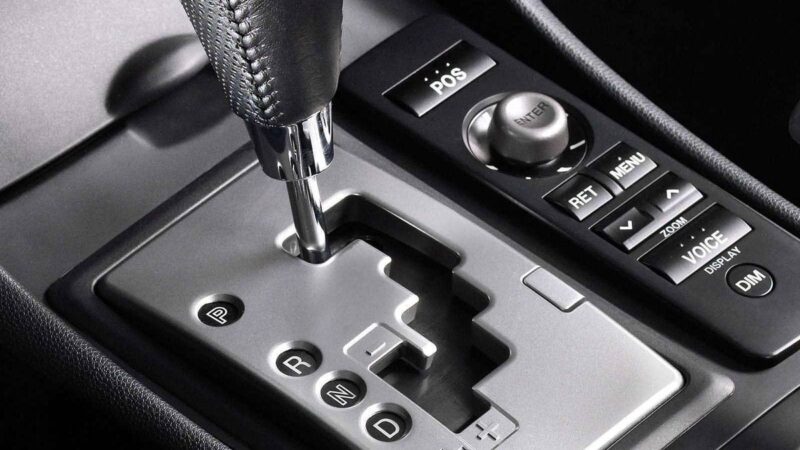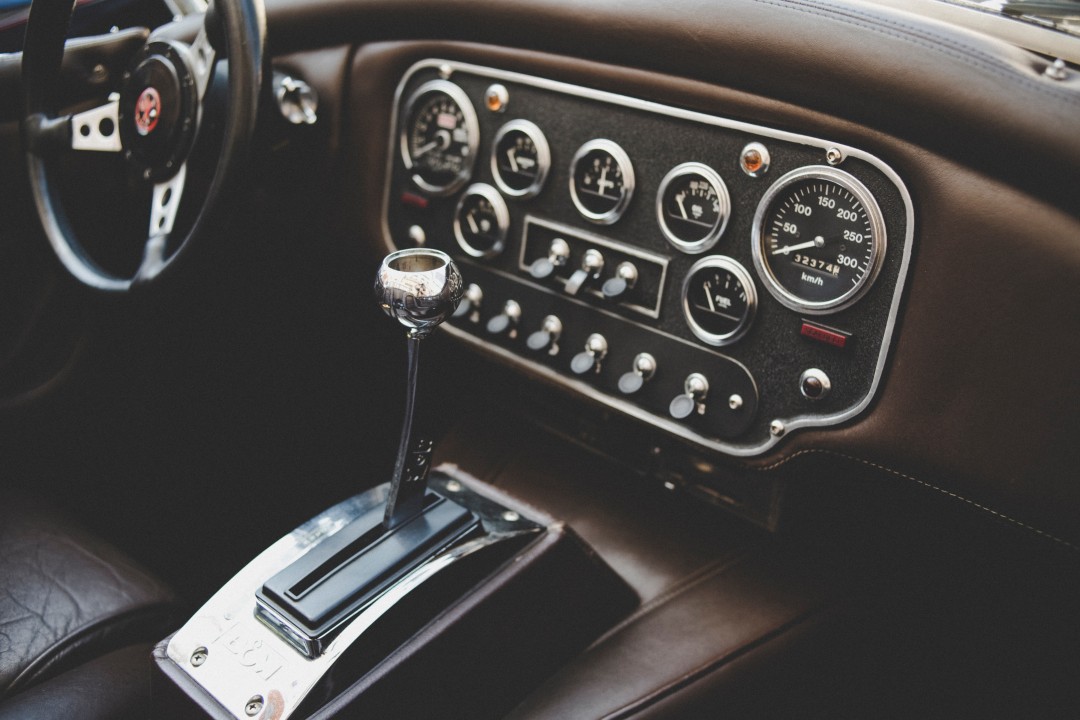What is Automatic Transmission & Its Benefits? How does it work?
Traveling by car is a simple task. The operation of these vehicles' machinery is very intricate. The automatic transmission is one of the most intricate parts in a vehicle. This intelligent technology performs tasks that the driver would normally have to perform, such as changing gears. Because automatic transmission gears allow drivers to change the speed and direction of the car automatically, many drivers are unfamiliar with what automatic transmission is and what it does. However, by understanding this component and its working principle, you will certainly appreciate the capabilities of your car.
What is automatic transmission?
Automatic transmission is a mechanism present in cars that changes gears at different speeds without steering control on the part of the driver. This feature will allow you to ride without worrying about when to change gears. Since they were first introduced, automatic transmission gears have become a common feature in the majority of passenger cars.
When the transmission is in the drive state, all the driver needs to do is press the accelerator pedal and the car will move forward. The transmission will automatically shift its entire forward gear range from low to high.Similarly, the car's transmission will also automatically shift from high to low gear when it slows down.

Types of automatic transmissions
Automated Manual Transmission (AMT)
The Automated Manual Transmission, or AMT, is an automatic transmission that uses a sensor and on-board computer to decide which gear to shift at which engine speed. The AMT transmission comes with a selector lever that you can use when deciding on the driving mode.Once engaged, you can lean back, unwind, and let the AMT handle the clutch and gear changes as you drive. The automated manual transmission is quite smooth. However, drivers may experience a small shock when the ratios automatically change during up and down shifting.
Torque converter
The oldest type of automatic transmission is the torque converter. This mechanism connects two turbines, thus eliminating the need for a clutch.One turbine will be linked to the engine, while the other will be connected to the transmission.. Torque converters are as efficient as manual gearboxes, but they are more expensive.
Continuously Variable Transmission (CVT)
CVTs are a new type of automatic transmission. The gear ratio in these transmissions varies continuously based on the vehicle speed.The CVT utilizes a belt that alters diameters by linking two tapered pulleys together.. The belt allows the bevel pulleys to be coupled or separated according to the gear ratio required for pitch, speed, weight and landing. Since CVTs aim to maintain a specific engine rpm, they are quite efficient.
Also Read: Car cooling system: why engine coolant is so important
Advantages of automatic transmission
Automatic transmission allows you to move your car as you like without manually changing gears. An automatic transmission car has become very popular in the automotive world these days. The advantages of automatic transmission are as follows:
Greater power
Automated transmissions have higher capacity. They have a complete set of gear that the car uses in many ways.This entire gear system is made up of planetary gears that are operated by one central gear known as the "sun" gear. As a result, the vehicle's torque is spread over a larger area, enhancing power.
Easy to drive
Cars equipped with AMT are easier to drive. All you have to do is put the car in drive, and the gear set will do the rest of the work. The car will shift gears automatically, so you don't have to navigate or evaluate road conditions to constantly change gears.
Improved acceleration
When you start the engine of an automatic car from standstill, its acceleration is very fast. To change gears, you don't need to leave the gas while starting the car. Automatic transmissions bring the engine closer to the optimum torque position and allow faster acceleration.
Safe to work
Compared to manual cars, automatic transmission cars offer more safety as you can keep both hands on the wheel while driving without being distracted. They allow you to focus on road conditions and limit the possibility of veering off-track.
Also Read: How to Improve Fuel Efficiency of My Car?

How do automatic transmissions work?
When you drive a car with an automatic transmission, engaging drive mode turns on the system.Pressing the accelerator pedal causes the engine crankshaft to rotate faster, resulting in maximum pressure on the torque converter. As the vehicle moves forward, the transmission's hydraulics and electronics sense its speed in proportion to engine speed and the transmission automatically changes gear in response.
In a conventional automatic transmission, the hydraulic system detects speed changes. These hydraulic systems then drive other hydraulic systems to change gears in the planetary gear set. Modern cars have advanced detection processes and the automatic transmission works in sync with other systems in the car.
Disadvantages of AMT transmission
Delay in gear shifting
While driving an AMT car, you can notice the lag in the actual transmission and input. This could potentially reduce the pleasure you get from driving.
Sudden shock
When shifting between gears, AMT transmissions can cause sudden jerks or shocks. This inconsistent behavior is most noticeable during strong acceleration or when towing heavy loads.
Automatic Transmission FAQ
Are AMT cars more expensive than manual transmission cars?
Although the initial cost of AMT cars may seem a little higher, the overall cost of AMT-equipped cars is lower than that of manual transmission cars.
How does AMT affect fuel economy?
In fact, if your car is powered by AMT, this system can optimize gear shifting for better fuel efficiency.
Can AMT be used in a variety of driving conditions?
Cars equipped with AMT provide drivers with a better driving experience as they are tested in a variety of driving conditions, including highway driving, mountainous areas, and urban commuting.
Also Read: Which Oil Change is Better: Conventional or Synthetic Oil?